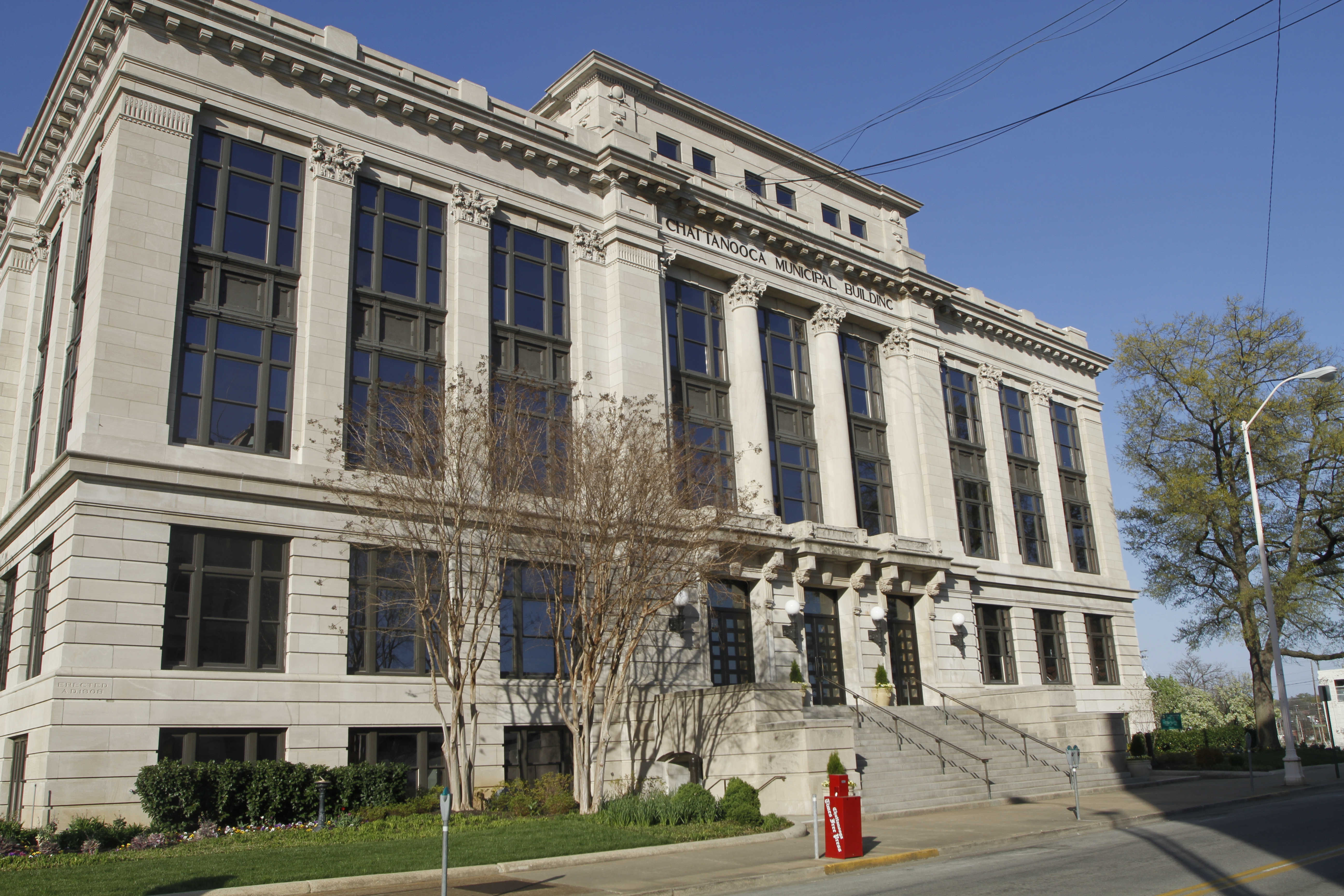Reforms for police, fire pension eyed in Chattanooga
Friday, January 1, 1904
CITY CONTRIBUTIONS
Chattanooga has contributed millions of dollars to its police and fire pension throughout the years. Contributions over the last seven calendar years are:2006: $6.6 million2007: $7.3 million2008: $8.1 million2009: $8.2 million2010: $8 million2011: $9.7 million2012: $11.3 million (projected)Source: Chattanooga Fire and Pension Board
Chattanooga taxpayers will pay millions of dollars in coming years to stabilize the city's fire and police pension fund.
But opinions differ on whether the plan needs major reforms to control costs in years ahead.
Dan Johnson, chief of staff for Mayor Ron Littlefield, said basic reforms need to happen sooner rather than later.
"It's going to be hard to sustain it without major [city] contributions," he said.
He pointed out that the pension plan doesn't have a minimum retirement age, like similar plans in other Tennessee cities. So a police officer who joins at 21 can retire after 25 years at age 46 and draw on his pension until he dies, which could run 30 years or longer.
"That in itself is unsustainable," Johnson said. "The next [city] council will have to deal with this issue."
Frank Hamilton, fund administrator for the Chattanooga Fire and Police Pension, said the plan might need tweaking, but not a major overhaul.
"The plan is sustainable," he said. "We're just in a difficult time right now."
The city is having to put money into the plan to make up for losses from the 2008 stock market crash, said Bill Robinson, a Chattanooga Fire and Police Pension board member. The city is in the third year of a "smoothing" plan that defers some costs and spreads them over 10 years.
"It gave the city a breather for three or four years," he said.
But it's now time for the city to pay up.
The city budgeted $10.9 million for the pension fund this year and plans to budget $12.6 million -- a $1.7 million increase -- in the fiscal year that starts July 1. In terms of calendar years, the city contributed $9.7 million last year and will pay around $11.3 million this year.
Hamilton said the city's contributions will probably keep rising over the next two years, then level off.
"Our plan is a solid plan," he said.
The present plan allows firefighters and police officers to retire at any age after 25 years of service. They are paid 68.7 percent of the average for their three highest-earning years. That's more generous than some other cities, he said.
Knoxville's sworn personnel must be at least 50 years old to qualify for full benefits, while the minimum age is 53 in Nashville and 55 in Atlanta.
The Knoxville City Council recently decided to put $14 million into its pension plan, then added another $10 million to start resolving a $130 million shortfall, said Mike Cherry, executive director of the Knoxville Pension Board.
Knoxville is looking at a $19 million contribution next year and, without major reforms, he said, the city will be paying $30 million a year within 10 years.
"There's a huge concern," he said.
The November ballot in Knoxville will have a referendum that changes the defined-benefit plan into a hybrid defined-benefit/defined-contribution plan, he said. If approved, the minimum fire and police retirement age will rise to 56. In order to lower payments, pensions will be calculated on an employee's five highest-earning years, rather than the highest two.
In Chattanooga, the city's contribution plan is on a better footing than some, Hamilton said. Chattanooga's plan accounts for 5 percent of the city's budget, compared to 25 percent of Atlanta's budget.
He said the local pension board took aggressive steps in 2008 to defend the fund, such as limiting investment in stocks and going with more stable investments such as mutual funds and real estate. Reforms such as Knoxville's are not in the works, he said.
The pension board is constantly reviewing changes and making tweaks to ensure the plan stays on solid ground, he said. Officials within the fire and police department know there will be trouble if the percentage of the city's contribution grows too large, he added.
Capt. Jeff Eldridge, president of the Chattanooga Firefighters Association Local 820, said he knows there could be problems and is open to the idea of changes -- to a point.
"As long as it doesn't affect us tremendously," he said.

